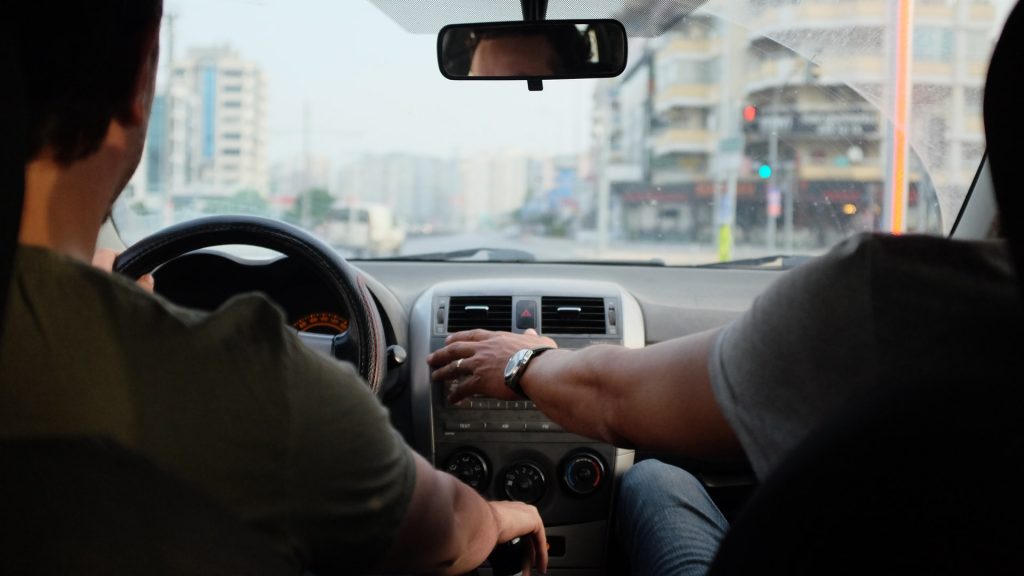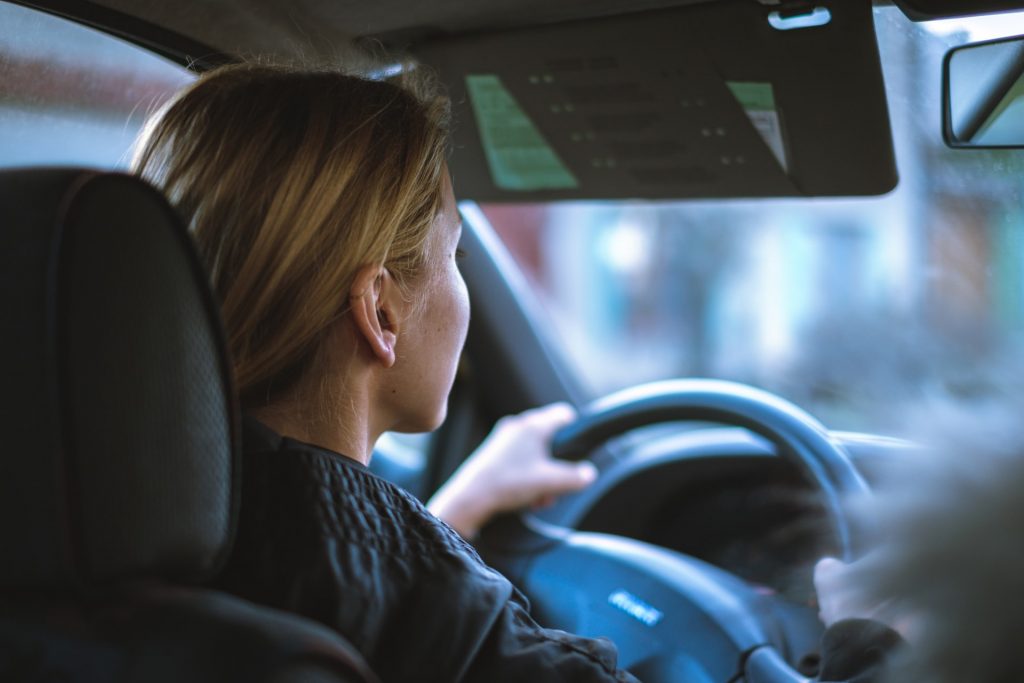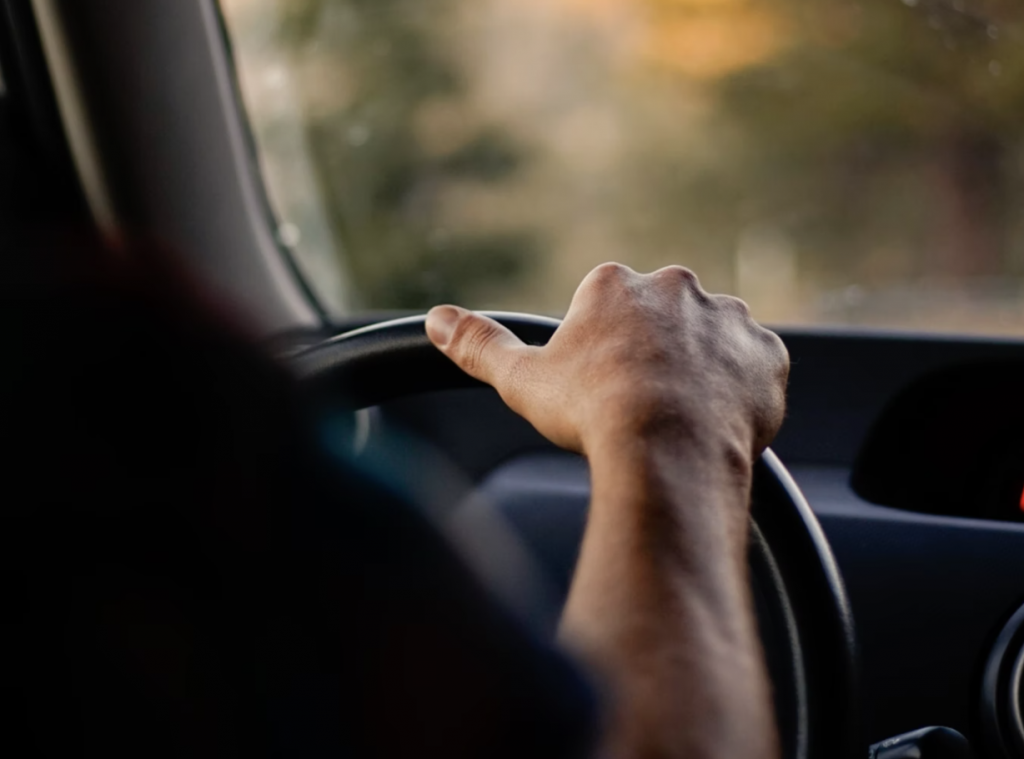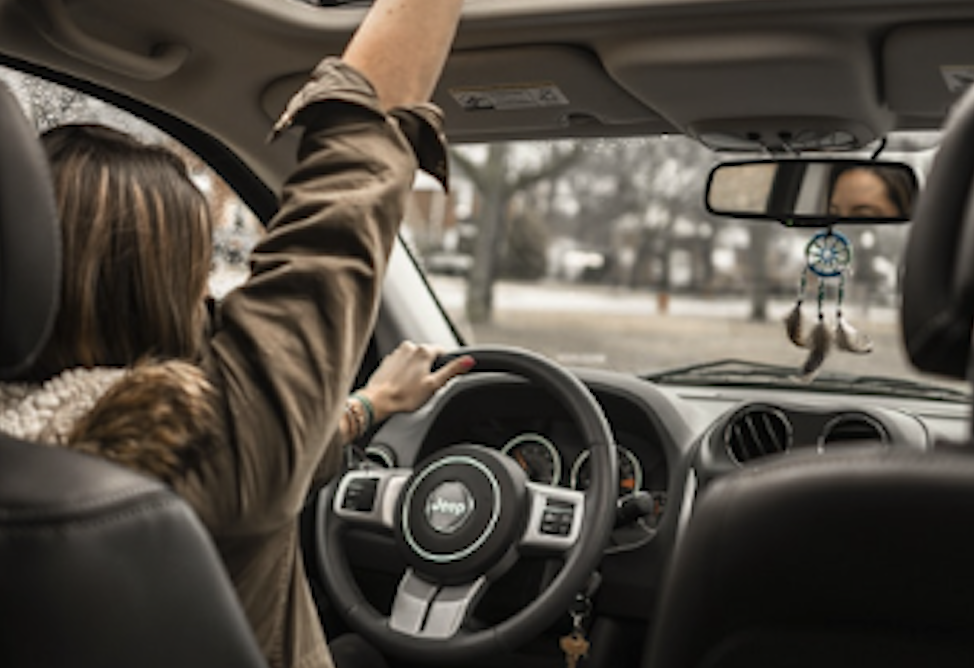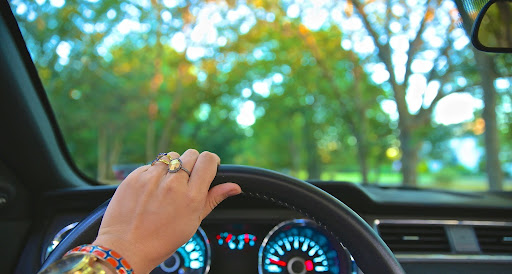Dangerous Driving Habits That Need to Stop

Driving is a skill that has been learned by many, but mastered by only some. For teenagers, owning a car is the gateway to independence, and for adults who don’t live in booming metropolises it’s basically a necessity. Driving is a rite of passage, and that’s why every teenager cannot wait to get their hands on their own set of keys.
However, the reality is that operating a motor vehicle is a serious responsibility. Since driving is so common, many people behind the wheel often forget the risk they are taking by mindlessly developing bad habits.
In order to minimize your risk of being involved in a motor vehicle accident, be sure to take note if you subconsciously have fallen victim to any of the following dangerous driving habits.
Distracted Driving
One of the riskiest behaviours that you can partake in while driving is to allow distraction in your vehicle. Even if you think you aren’t going that fast, every second your eyes are taken off traffic, your car is driving into territory you aren’t aware of. Here are the top in-vehicle distractions you may not have realized pose such a risk, identified by the CAA:
- Passengers and conversation.
- Active passengers.
- Personal communication devices.
- Computers, information and navigation systems.
- Listening to the vehicles stereo.
- Reading road/street signs and advertising.
- Locating addresses.
- Smoking.
- Personal grooming.
- Eating and drinking.
- Adjusting vehicle controls (AC, heat, music, etc.)
- Electronic vehicle comfort features.
Additionally, here are statistics specific to a variety of common vehicular distractions that show how your accident risk is increased when you engage with them:
- Texting: 23 times more likely.
- Talking on a cell phone: 4 to 5 times more likely.
- Reading: 3 times more likely.
- Applying Makeup: 3 times more likely.
- Reaching for a moving object: 9 times more likely.
- Dialing on a hand-held device: 3 times more likely.
- Talking or listening on a hand-held device: 1.3 times more likely.
As you can see, distracted driving can entail something as innocent as adjusting your vehicles climate controls. If you find yourself partaking in distracting activities while driving, you must nip the habit in the bud in order to be a diligent driver.
Aggressive Driving and Road Rage
Everyone has been there. You’re driving to work and seemingly out of nowhere, another vehicle cuts you off. While some people are skilled at remaining calm behind the wheel, others struggle to not engage in aggressive driving behaviours. You never know what another driver is like, or what lengths he or she will go to assert dominance on the road. Therefore, the best route to take when faced with an aggressive driver is to remain calm and not add fuel to their fire.
Speeding
Regardless of whether or not you’re late to your final destination the bottom line is, your safety is worth far more than your punctuality. Speed limits are in place for a reason, and yet so many drivers get into the habit of thinking they are exempt from them. When it comes to car accidents, speeding drivers can experience far worse outcomes, as high speeds increase the impact of collisions. Regardless of if your city has photo radar or not, government surveillance shouldn’t be the only reason you abide by speeding laws.
Foregoing your Seat Belt
This one seems blatantly obvious, and yet so many adult drivers choose to not wear their seat belt behind the wheel. While airbags are there to protect your body during a collision, they work best when the driver is already buckled up.
Forgetting to Signal or Check Blind Spots
The entire reason that traffic moves so efficiently the majority of the time is because drivers communicate with one another via signals and hand gestures. While it can be simple to forget to signal or check your blind spot every once in awhile, this does not mean it’s acceptable driving behaviour. Changing lanes can be one of the most dangerous tasks of driving, as you have to factor a lot of variables into your decision to move over. Thus, it is imperative to engrain signalling and blind spot checking in your driving habits.
At the end of the day, your safety and the safety of your passengers should be your top priority as a driver of a motorized vehicle. Bad habits can form quickly, so it’s critical that you are diligently checking to ensure you haven’t adopted any. Unfortunately, not all drivers are proactive enough to do this for themselves. If you have been injured in a collision due to the negligence of a distracted driver, contact us today.




